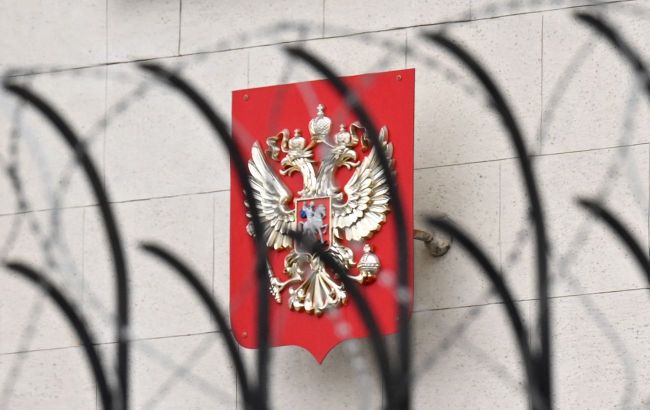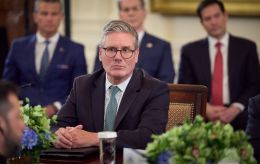EU plans tougher visa rules for Russians - Euractiv
 Photo: Russian residents will be restricted from traveling to Europe (Getty Images)
Photo: Russian residents will be restricted from traveling to Europe (Getty Images)
The European Union is considering introducing new restrictions for Russian citizens, as well as limitations on Russian diplomats. These measures are being discussed as part of preparations for the next sanctions package against Russia, Euractiv reports.
New restrictions on tourist visas
During the discussions, the idea was raised to limit the issuance of tourist visas to Russian residents, as well as to coordinate visa issuance rules across EU countries. Currently, visas remain within the competence of individual member states, and harmonization of requirements would require the consent of all EU members.
Some countries, such as Poland, Latvia, Lithuania, Estonia, Czechia, and Finland, have already practically closed their borders for Russian citizens. Other countries, including Italy, Spain, Greece, France, and Hungary, remain more liberal despite the ongoing war against Ukraine.
According to the European Commission, over 500,000 Russians received Schengen visas in 2024. The high level of tourist traffic this summer has become one of the reasons for discussing new restrictions.
“We can’t just accept Russians travelling and enjoying their lives while their government is killing Ukrainians and threatening our security on a daily basis,” one EU diplomat said.
Restrictions on diplomats’ freedom of movement
The EU is also discussing a proposal to limit the movement of Russian diplomats who are already present in EU countries. The initiative, actively promoted by Czechia, would ban travel across Europe outside the country of accreditation, effectively suspending Schengen privileges for diplomats.
“Last week’s arrests in Romania and expulsion of a Belarusian ‘diplomat’ from Prague is yet another proof we should limit the movement,” another EU diplomat stated. Czech Foreign Minister Jan Lipavský added that such measures are necessary to prevent hostile agents from exploiting the Schengen zone.
At the same time, more skeptical EU members are concerned that control would be insufficient without internal border checks. There is also the risk of reciprocal measures from Russia against European diplomats in Moscow.
According to the Levada Center, support for the war against Ukraine among Russian citizens remains at record highs. In July 2025, approval rose to 78%, compared to 74% in June. The share of opponents of the war remained at 16%.

